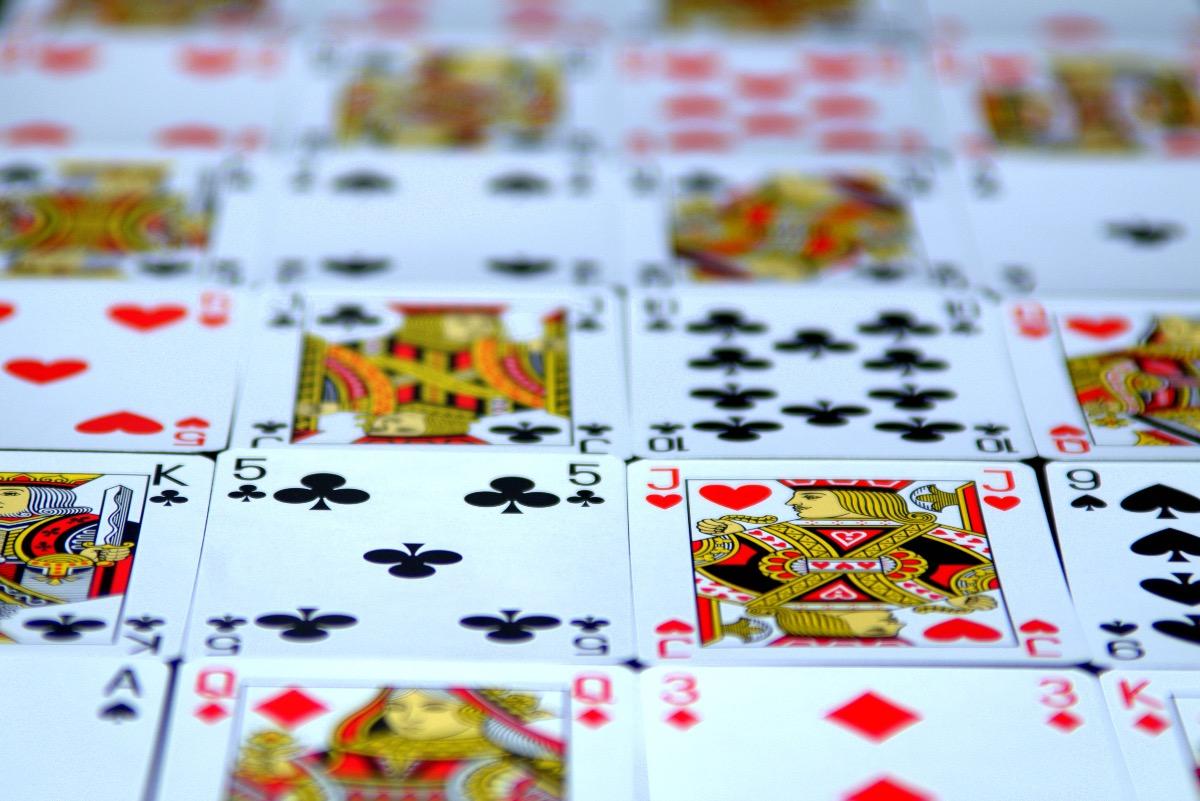
-
Regaining control of your gambling addiction
posted: Sep. 18, 2019.

-
Why can’t I seem to be able to “break up” with my anxiety?
posted: Sep. 18, 2019.

-
Does Therapy Work: 5 Reasons Why You Should Consider Getting Therapy
posted: Sep. 18, 2019.

-
Treatment and Causes for Personality Disorders
posted: Sep. 18, 2019.

-
Holiday Depression - Is there such a thing as holiday depression?
posted: Sep. 18, 2019.

-
Am I Depressed or Sad?
posted: Sep. 18, 2019.

-
Iceland Experiment with Teen Drug and Alcohol Use
posted: Sep. 18, 2019.

-
What Is A Personality Disorder?
posted: Sep. 18, 2019.

-
ADHD and aggression in kids and adults
posted: Sep. 05, 2019.

-
Depression and impulse control disorder
posted: Aug. 12, 2019.

-
Perfectionism: another facet of anxiety
posted: Aug. 08, 2019.

-
Psychotherapy and the treatment of depression
posted: Aug. 05, 2019.

-
Symptoms of Oppositional Defiant Disorder
posted: Jul. 30, 2019.

-
Personality disorders and impulse control disorders
posted: Jul. 24, 2019.

-
7 signs of Intermittent Explosive Disorder
posted: Jul. 19, 2019.

-
Going to a playground with a child with autism
posted: Jul. 15, 2019.
